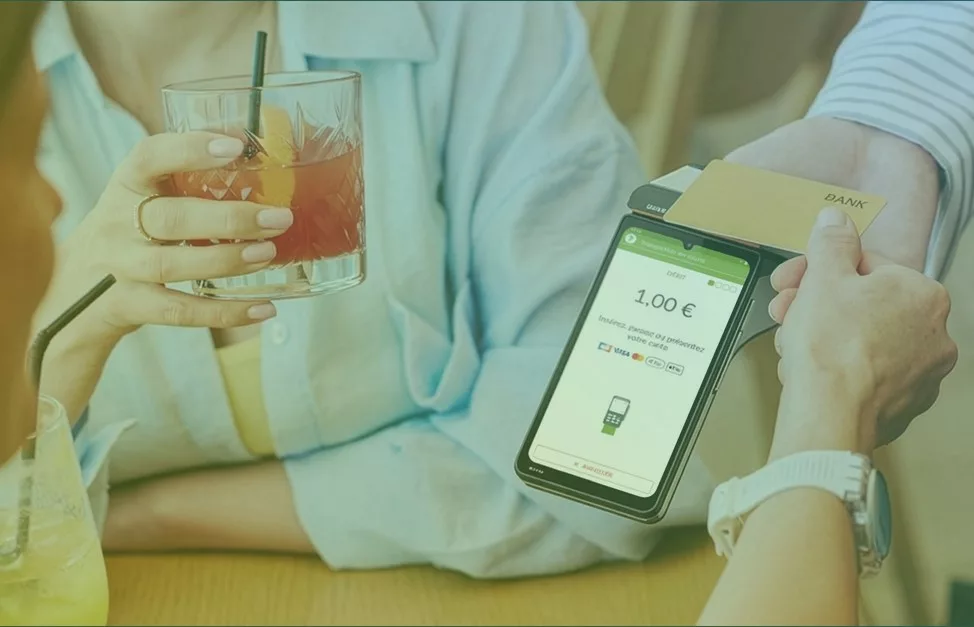This year has been extraordinary. Probably one of the most difficult of our lives. And now, it is time to recover.
The health crisis triggered by COVID-19 has had a major impact on almost every aspect of our daily lives, putting the global economy in a state of uncertainty. In the eCommerce sector, the pandemic has accelerated online shopping and other behavioural habits. This has led to new developments, changes in digital and instant payments, and cross-border trade, among other things.
Today we want to share the changes in online retailing in 2020 with you!
The 6 most impactful changes in online retailing in the last year
Some many key changes and trends will shape the evolution of digital businesses around the world due to the transformation that online retailing has undergone in 2020:
- Payments industry
Digital payments (contactless), instant payments, the rise of online payment versus cash, etc., have accelerated. At the beginning of the pandemic, a marked reduction in spending and cash use was quickly noticed. Especially in the tourism and entertainment sector, it declined by 80% to 90%, according to the McKinsey Global Payments Report 2020. This was largely due to the sharp decline in face-to-face purchases, which led to a reduction in cash transactions and ATM usage in much of the world.
- Mobile payments
Mobile has become a vital gateway to eCommerce, a preference that continues to gain traction, particularly among the biggest online shopping leaders: generations Y (millennials) and Z (centennials). Mobile payments have had a strong impact on the eCommerce market and have improved the conversion of online stores. The digital payments industry will facilitate the shopping process, making it invisible to consumers and profitable for business.
- Thematic marketplaces
What are they? These are large stores or distribution platforms that allow eCommerce to offer their products and services. In short, a digital showcase with a wide range of options. Thematic marketplaces now seem to be at the top. Animals, technology, fashion… The specialisation of these platforms is a great business opportunity compared to marketplaces with products from very diverse ranges and sectors.
- Voice Commerce
Voice searches are a fact. And so are voice payments. We can carry out many different actions through direct commands without the need to touch the screen. In this way, the integration of voice software and smart speakers is expected to expand the change of habits in the interaction of users with mobile devices. In fact, it has been shown that there is a growing preference for interacting with virtual assistants.
At PayXpert, for example, we enable payment automation by implementing a powerful IVR or interactive voice response solution.
- Social Commerce
Mobile phones continue to gain share in the online shopping market, as it is one of the favourite devices for shopping in online stores. And not surprisingly, as it is increasingly providing greater security when searching for information and making payments. However, people are no longer only shopping from a website but also social networks or mobile applications. Did you know that shopping from Instagram is possible thanks to the Social Commerce revolution?
- Global payments
Everything that has happened throughout 2020 has reset expectations and driven trends in the electronic marketplace. Global revenues have declined, and half a decade of change has been generated in a few months. In 2021, uncertainty remains over issues such as economic recovery and global trade. The only certainty is that digital transformation is accelerating in global trade. It knows no borders and no sectors.
Conclusions on the evolution of eCommerce in 2020
The above-mentioned changes in online retailing in 2020 are not the only ones in the global eCommerce. Gradually, brands’ deep environmental awareness and corporate responsibility are becoming apparent for one simple reason: sustainability sells. And those retailers that show their commitment and responsibility to sustainability are being better accepted by customers. Examples include Zalando’s leap from plastic to a zero-carbon company or Starbucks and its move away from plastic straws.
The way of selling is changing due to the transformation of user habits. Proof of this is that more and more consumers and brands are demanding digital transformation, giving rise to online stores. This leap has been one of the main lifelines for companies during the pandemic.
We talk about eCommerce as a new way to buy and sell online, using electronic means of payment. As a result of this leap, companies can gain great advantages:
- 24-hour availability. Consumers can visit your products and services, as well as make an online purchase anytime, anywhere.
- Cost reduction. By dispensing with a physical place to sell, business expenses are also reduced.
- It saves time. Users can find the products or services they are looking for more easily. They don’t even need to travel or leave their homes.
- Greater reach. Buy and sell from anywhere globally, increasing the potential audience and increasing customer acquisition and visibility.
- Easier to implement marketing strategies based on data, promotions, coupons, etc.
Regardless of the type of business, eCommerce is gaining ground and evolving at full speed. In this context, advanced analytics becomes important, enabling comparison, research, segmentation, and better decision-making.
“In a highly competitive market, such as the small and medium-sized enterprise (SME) space, the ability to structurally improve sales capabilities through advanced analytics is paramount for payment service providers.”
Seize the potential of change and take your business to the place you’ve always dreamed of!




